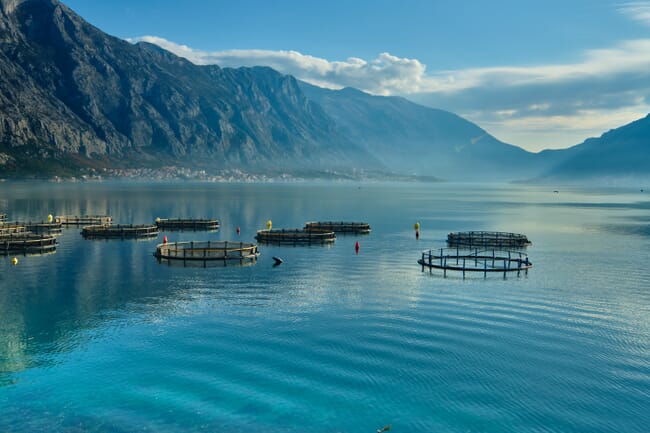
Scientists at the Cawthron Institute in Whakatū Nelson have welcomed approximately 20 scientists from IFREMER, the French Institute for Ocean Science, for a five-day knowledge exchange workshop. The focus of the visit will be on exploring opportunities for research collaboration in areas of shared interest, including biodiversity and the blue economy, according to Dr Cath McLeod, Cawthron’s chief science officer.
“As research institutes dedicated to understanding and protecting the world’s oceans from urgent and increasing environmental pressures, Cawthron and IFREMER are eager to collaborate to leverage our efforts and have a greater combined impact,” said Dr McLeod, in a press release.
“We’re keen to work together in a few priority areas including the impact of climate change on human and environmental health, advancing the future of marine aquaculture and transitioning towards sustainable blue economies,” she added.
IFREMER’s scientific director, Dr Chantal Compère, said that while the ocean offers great potential in terms of biological resources for the benefit of society, there are challenges that must be overcome if this potential is to be realised sustainably.
“There are a lot of different pressures on marine ecosystems, including aquatic disease epidemics, invasive species incursions, harmful algal blooms and pollution, and all of these are made worse by climate change,” Dr Compère said.
“Both [the] Cawthron Institute and IFREMER hold expertise in these fields of science, and combining our knowledge and skillsets will create opportunities to enhance the health and wellbeing of the marine environment and the people who depend on it for food and income,” Compère added.
The IFREMER delegation will visit Cawthron’s Nelson research facilities including the Cawthron Aquaculture Park at Glenduan and its main Halifax Street campus. Dr McLeod views the visit as enormously beneficial for New Zealand’s research, science and innovation system, as well as the relationship between both countries.
“We are thrilled to have a delegation of this size visit for an entire week - I think that demonstrates the seriousness of our commitment to this partnership and our eagerness to do some excellent and impactful science together that will create new opportunities for the growth of the blue economy and an increased focus on protecting and enhancing marine biodiversity in the Pacific and beyond,” McLeod concluded.




